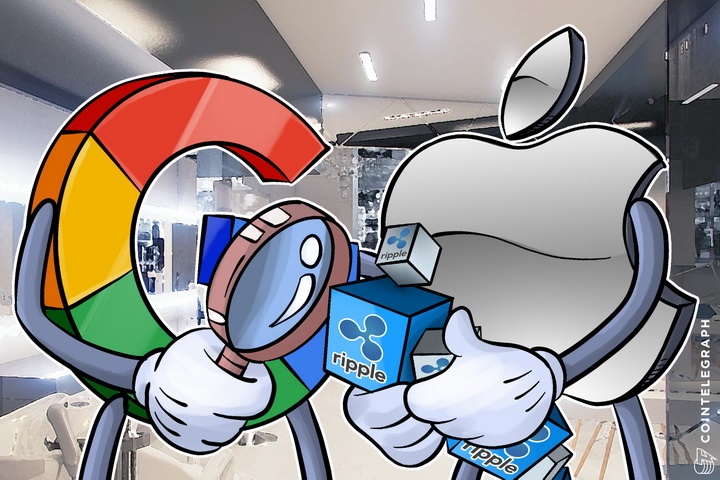Wallets of various descriptions have come into vogue of late. Some of these wallets are run by large IT companies like Apple and Google, whilst others are run by financial institutions such as the banks. Then there are the likes of Paypal who also have a stake in the whole wallet business. These wallets exist in different forms and shapes and while some are only payment apps, others feature contactless payment technology which allow people to pay for things at shops. The underlying technologies for these wallets range from QR, NFC, Wi-Fi, Bluetooth etc.
Surge in payment apps
According to the Verge, there were one billion active Apple devices in use as of January 2016. As for Apple Pay there has been a 400% growth in users in 2016 alone. Worldwide there are 11 million points of sale which accept Apple Pay according to Apple Insider. On the other hand Android Central says that there are 1.4 billion active Android devices. There is no clear way to tell how many people actually use Android Pay (the new avatar for Google Wallet) but Google’s Play Store indicates that there have been between 50 million to 100 million installs.
Card companies under threat
Plastic is fantastic, until it is not. Already in India, Alphabet, Google’s parent company, has tied up with Idea Cellular to allow customers to pay for apps without a credit card, according to CNBC. The lack of credit and debit cards are a hindrance to the adoption of apps in many developing markets. Apple, which supports some credit and debit cards on its Apple Pay, offers contactless payment solution. This puts Apple at odds with banks over several things, one of them being security. In March 2015, the British newspaper The Guardian reported:
“Criminals in the US are using the new Apple Pay mobile payment system to buy high-value goods – often from Apple Stores – with stolen identities and credit card details.”
Another sticking point has been fees. As Forbes put it:
“Credit card issuers are paying about 15 basis points, or 0.15% of an Apple Pay purchase, for what amounts to a guarantee by Apple that a tokenized and biometrically verified transaction is good. That’s a cost which is difficult to pass down to their customers, so the incentive for the credit card companies to promote Apple Pay is not significant. They’re doing it. But grudgingly.”
Blockchain may provide the answer
What about P2P systems like Blockchain?
Could the answer to the payment solutions all around be Blockchain? There has been a certain amount of talk about Google and Apple showing interest in Ripple and its Blockchain product. Stefan Thomas, Chief Technical Officer at Ripple told Pymnts.com that these companies want to know more:
“At these forums we run into them [Google, Apple, etc.], and we obviously notice the issues that they are having with the card networks, and we think that Interledger is a really good solution. We see their interest and the fact they keep asking us to give presentations about it.”
He also said that big tech companies “absolutely hate the card issuers.”
So what about P2P then? Would it enable the likes of Apple and Google to set up their own payments systems which would then cut out the middlemen like Visa and Mastercard? As David Duccini of the Strength in Numbers Foundation puts it:
“Becoming a payment processor is anti-Blockchain in my humble opinion. The real question I think is when will consumers feel more comfortable with P2P payment systems which do not rely on third-parties? They do already with cash.”
It should come as no surprise then that even credit card acceptance is a question mark at many small businesses as they prefer only to take cash. Possibly the digital wallet makers need a reality check!


